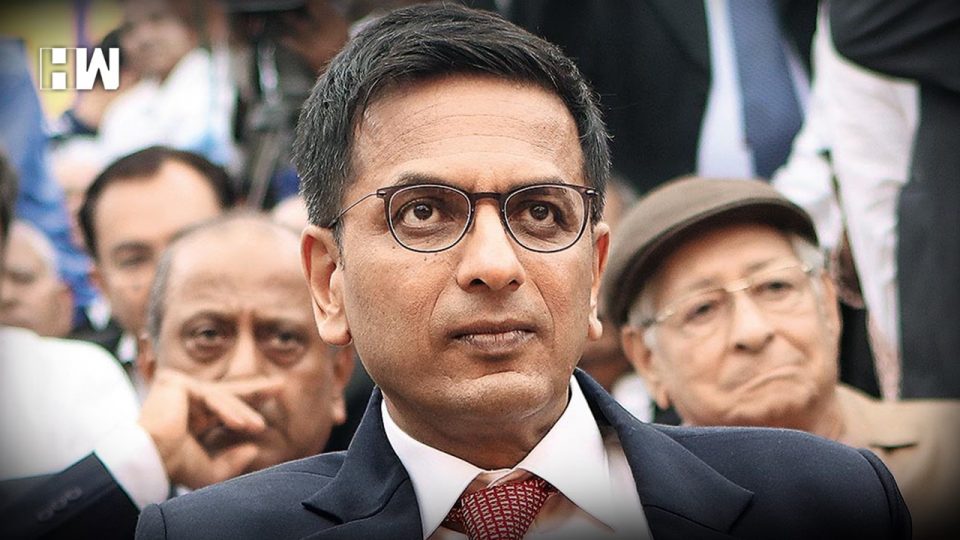“Criminal law, including anti-terror legislation, should not be misused for quelling dissent or harassment to citizens,” Justice DY Chandrachud said on Monday.
While addressing an event on Monday on the legal ties between India and the United States, Supreme Court Judge Justice Dhananjaya Yeshwant Chandrachud said anti-terror law should not be “misused for quelling dissent”.
“Criminal law, including anti-terror legislation, should not be misused for quelling dissent or harassment to citizens. As I noted in my judgement in Arnab Goswami vs the State, our courts must ensure that they continue to remain the first line of defence against the deprivation of liberty of citizens,” Justice Chandrachud said.
“Deprivation of liberty for even a single day is one too many. We must always be mindful of the deeper systemic issues of our decisions,” the senior SC judge added.
The remarks came amid massive debate over passing of tribal activist Stan Swamy in custody without getting a bail. There has been a resistance against alleged misuse of anti-terror law UAPA in detaining dissenting voices on the charges of terrorism. Such questions have been asked over the arrests made in Bhima-Koregaon case as well as Delhi riots case.
Justice Chandrachud, during Monday’s event, made several other remarks on Indo-US ties and said the United States is a “torchbearer in promoting liberty, freedom of speech and expression and religious peace”. The event was organised by the American Bar Association’s International Law Section, the Chartered Institute of Arbitrators India, and the Society of Indian Law Firms (SILF).
“India, being the oldest and largest democracy, represents ideals of multicultural, pluralist society where their constitutions are focused on a deep commitment and respect for human rights,” he highlighted.
Justice Chandrachud said that the top courts in India and the United States have “both been termed as the most powerful courts in terms of their own might”, underscoring that the USA’s “influence on Indian jurisprudence cannot be understated”.
“It has contributed to the heart and soul of the Indian constitution,” he said.
“One of the most cited anecdotes of American influence has been on the right to protection of life and personal liberty under Article 21 of the constitution, as against its conception in the Bill of Rights, which provides that no person shall be deprived of life, liberty, or property without due process of law,” he said.
“(For) my judgement on decimalising same-sex relationship between adults, I relied on US Supreme Court decision in Lawrence Vs Texas,” he shared.
As an independent media platform, we do not take advertisements from governments and corporate houses. It is you, our readers, who have supported us on our journey to do honest and unbiased journalism. Please contribute, so that we can continue to do the same in future.

